Mental health inequalities deepen as suicide becomes top killer of young Europeans
A new report from Eurofound reveals sobering trends in Europe’s mental health landscape. In 2021 alone, poor mental health accounted for an estimated 11.1 million years of life lost or lived with disability across the EU, with two-thirds linked to depression and anxiety .
The report underscores that suicide has now overtaken road traffic accidents as the leading cause of death among young people aged 15–29. In 2021, suicides made up 18.9% of all deaths in this age group, compared with 16.5% from traffic collisions. Although suicide rates had fallen for decades, the decline has stalled since 2017, with worrying increases recorded in both younger women and older men.
The burden of poor mental health is unevenly distributed. Lower-income groups, marginalised communities, refugees, and people in frontline professions such as healthcare and social services face a markedly higher risk. Women are more likely to report poor mental health and seek primary care, while men remain 3.7 times more likely to die by suicide .
Despite broad entitlements to low-cost or free mental healthcare across the EU, barriers persist. Nearly half (46%) of those who sought help rated the quality of services below 5 out of 10, citing stigma, long waiting times, and limited capacity—particularly in rural areas and child psychiatry—as key obstacles.
Eurofound’s findings highlight the need for systemic change. Improving living and working conditions, addressing poverty and discrimination, and investing in prevention are vital for strengthening mental health at the population level. Access to high-quality, person-centred support must also be expanded, including through mobile services, digital tools, and peer support.
With suicide now the leading cause of death for Europe’s youth, the report is a stark reminder that mental health must be treated as a core public health priority—on par with physical health—and backed by sustained investment and action.
Read the full Eurofound report here.


